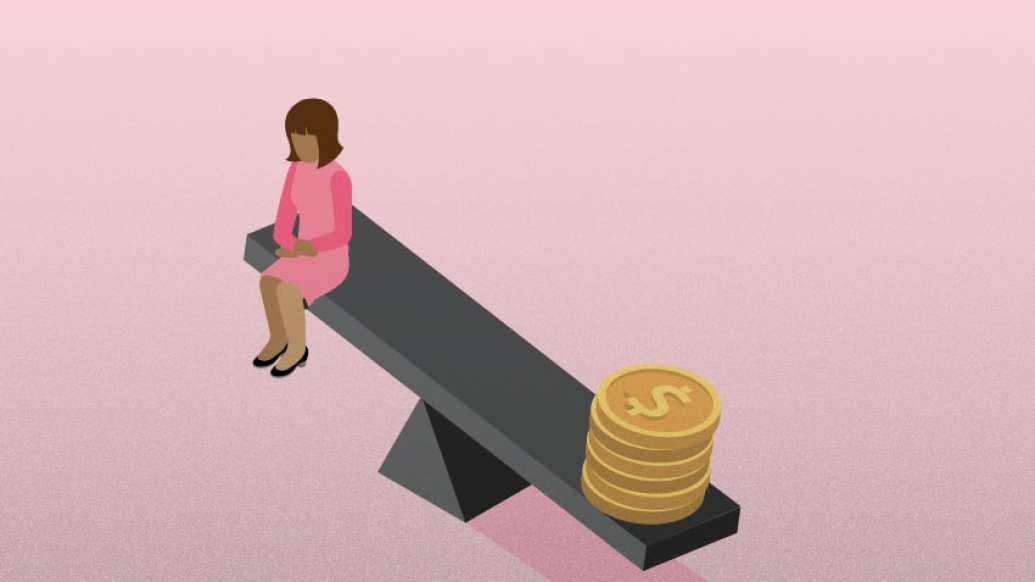Patients feel providers do not adequately address concerns about the cost of cancer treatment, which can heighten anxiety during an already stressful time.
7:00 AM
Author |

As treatment for early stage breast cancer becomes less extensive and more precise, a growing concern is surfacing: Cancer takes an enormous toll financially on many people.
LISTEN UP: Add the new Michigan Medicine News Break to your Alexa-enabled device, or subscribe to our daily audio updates on iTunes, Google Play and Stitcher.
A new study led by researchers at the University of Michigan Rogel Cancer Center finds that many patients are concerned about the financial impact of their diagnosis and treatment, and that they feel their doctors' offices aren't adequately addressing these concerns.
"We have made a lot of progress in breast cancer treatment, which is wonderful," says lead study author Reshma Jagsi, M.D., D.Phil., deputy chair and professor of radiation oncology at Michigan Medicine. "But this study shows we are only part of the way to our goal.
"We must now turn our efforts to confronting the financial devastation many patients face."
Jagsi and other researchers surveyed about 2,500 patients treated for early stage breast cancer — as well as 845 treating surgeons, medical oncologists and radiation oncologists. The study is published in Cancer, a peer-reviewed journal of the American Cancer Society.
To cure a patient's disease at the cost of financial ruin falls short of our duty as physicians to serve.Reshma Jagsi, M.D., D.Phil.
Worries span all backgrounds
About 38 percent of women were at least somewhat worried about finances because of their breast cancer treatment, the study found. Some experienced extensive hardships.
Overall, 14 percent of patients reported losing more than 10 percent of their household income because their treatment forced them to miss work, and 17 percent spent more than 10 percent of their household income on out-of-pocket medical expenses.
MORE FROM THE LAB: Subscribe to our weekly newsletter
The financial burden varied significantly by race and ethnicity, with black and Latina women experiencing more concerns than their peers. Those concerns include debt from treatment, losing their home, having utilities turned off for unpaid bills and cutting back on spending for food.
Among surveyed physicians, many reported being concerned and talking with patients about the costs and financial burden related to the treatments they recommended.
Still, just half of medical oncologists and 43 percent of radiation oncologists said someone in their practice often or always discusses financial burden with patients. Only 16 percent of surgeons did.
And of those patients worried about their finances, few found relief: 73 percent said their doctor's office did not help.
The disparity suggests the need to improve communication around financial hardship, the study's researchers say. It also underscores the importance of physicians or their staff assessing all patients for financial issues and ensuring the communication is effective and clear as a treatment plan moves forward.
"To cure a patient's disease at the cost of financial ruin falls short of our duty as physicians to serve. It's simply not acceptable to ignore patients' financial distress any longer," Jagsi says.

Explore a variety of healthcare news & stories by visiting the Health Lab home page for more articles.

Department of Communication at Michigan Medicine
Want top health & research news weekly? Sign up for Health Lab’s newsletters today!





